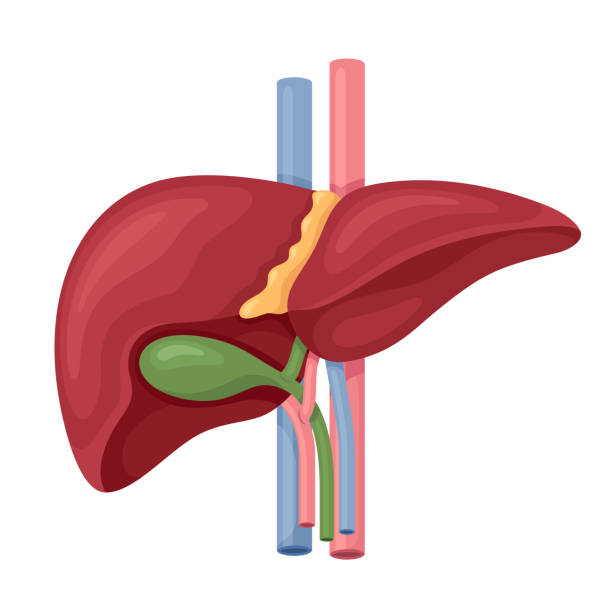⚠️ Important Safety Information
Always consult with a healthcare professional before starting any medication. This information is for educational purposes only and should not replace professional medical advice.
What is Diclofenac?
Diclofenac is most commonly used anti-inflammatory drug. It is powerful painkiller in the
class of non-steroidal anti-inflammatory drug. Used to reduce pain in conditions like
osteoarthritis , rheumatoid arthritis, shoulder pain, neck pain, back pain, migraine,post
cataract surgery , dysmenorrhea( painful periods ) , sprains and spasms.
📌 Uses
Diclofenac is commonly used to treat:
- Pain relief in short term
- Inflammation
- Reduces swelling of joints and muscles
Dosage
Commonly used oral dose is daily 50 to 150 mg given in divided doses. In cases of acute pain
such as migraine powdered form is available. Topical spray/gel are available in sports injuries.
diclofenac has excellent penetration in joints.
How diclofenac works ?
Diclofenac is non-steroidal anti-inflammatory drug popularly class of drug known as NSAIDS.
It blocks the pain producing chemicals at site of inflammation. It is non-selective inhibitor of
cyclooxygenase ( COX ) enzyme
⚠️ Side Effects
- Skin rash
- Nausea
- Vomiting
- Abdominal pain
- Gases in stomach
- Indigestion
- Headache
🔍 Precautions
Before taking paracetamol, tell your doctor if you have:
- 🍷 Alcohol: Heavy alcohol consumptions increases the risk of liver injury. Dosage in such people should be guided by physician.
- 🤰 Pregnancy: It is advised to consult physician before taking diclofenac tablet.
- 🤱 Breastfeeding: diclofenac is safe to use in lactating mothers. Human studies have shown that very small amount of drug is passed in breastmilk and is not harmful to the baby
- 🚗 Driving: diclofenac tablet does not affect while you are driving
 Liver: Diclofenac tablet should be used with caution in liver disease. Certainly, dose adjustment is needed. Please consult your doctor. In active liver disease it is not advisable to consume diclofenac.
Liver: Diclofenac tablet should be used with caution in liver disease. Certainly, dose adjustment is needed. Please consult your doctor. In active liver disease it is not advisable to consume diclofenac. Kidney: Diclofenac tablet should be used with caution in kidney disease. Dose adjustment will be beneficial. Please consult your doctor. However, diclofenac is considered safest painkiller for patients with kidney disease
Kidney: Diclofenac tablet should be used with caution in kidney disease. Dose adjustment will be beneficial. Please consult your doctor. However, diclofenac is considered safest painkiller for patients with kidney disease
🔄 Drug Interactions
- With Alcohol- consuming alcohol with diclofenac increase the risk of stomach bleeding.
- With Methotrexate - increases methotrexate toxicity by reducing its renal elimination.
- With Digoxin - increases blood Digoxin levels by reducing renal clearance. It causes Digoxin toxicity.
- With lithium - increases blood lithium levels by reducing renal clearance. It causes lithium toxicity.
- With anti-hypertensive drugs like ACE inhibitors , beta blockers, diuretics - reduces
efficacy of this blood pressure lowering drugs by inhibiting renal prostaglandin synthesis
and reduced renal perfusion.
📦 Storage
- Store at room temperature (68-77°F or 20-25°C)
- Keep in original container, tightly closed
- Protect from moisture and light
💡 Quick tips from experts:
- Take with food or milk to reduce gastric upset.
- Take it as per doctors prescription. Dont increase the dose and duration of treatment.
- Long term use of diclofenac can cause stomach bleeding and kidney problems.
- It may cause drowsiness or visual disturbances. Take precaution if you are working in
industry with heavy machineries, driving or doing anything that requires attention.
- Stay away from alcohol while you are consuming diclofenac.
- You should inform your doctor if you have a history of heart conditions or stroke.
- Your physician may monitor your liver enzymes and kidney function ,if you are taking this
drug for long-term treatment.
ℹ️ Facts about paracetamol:
- Chemical name: p-aminophenol derivative
- Class of drug: pain analgesics
- Habit forming: NO
- Action starts within: 30-60 min
🚨 Emergency Information
In case of overdose, contact poison control immediately at 1-800-222-1222 or seek emergency medical attention. Symptoms of overdose may include severe nausea, vomiting, stomach pain, confusion, ringing in ears, fever, and difficulty breathing.
📚 Resources
- 1] Brunton LL, Knollmann BC, editors. Goodman & Gilman's The Pharmacological Basis of Therapeutics. 14th ed. New York: McGraw-Hill Education; 2023.
- 2] Katzung BG, Vanderah TW. Basic & Clinical Pharmacology. 16th ed. New York: McGraw-Hill; 2024.
 Liver: Diclofenac tablet should be used with caution in liver disease. Certainly, dose adjustment is needed. Please consult your doctor. In active liver disease it is not advisable to consume diclofenac.
Liver: Diclofenac tablet should be used with caution in liver disease. Certainly, dose adjustment is needed. Please consult your doctor. In active liver disease it is not advisable to consume diclofenac.